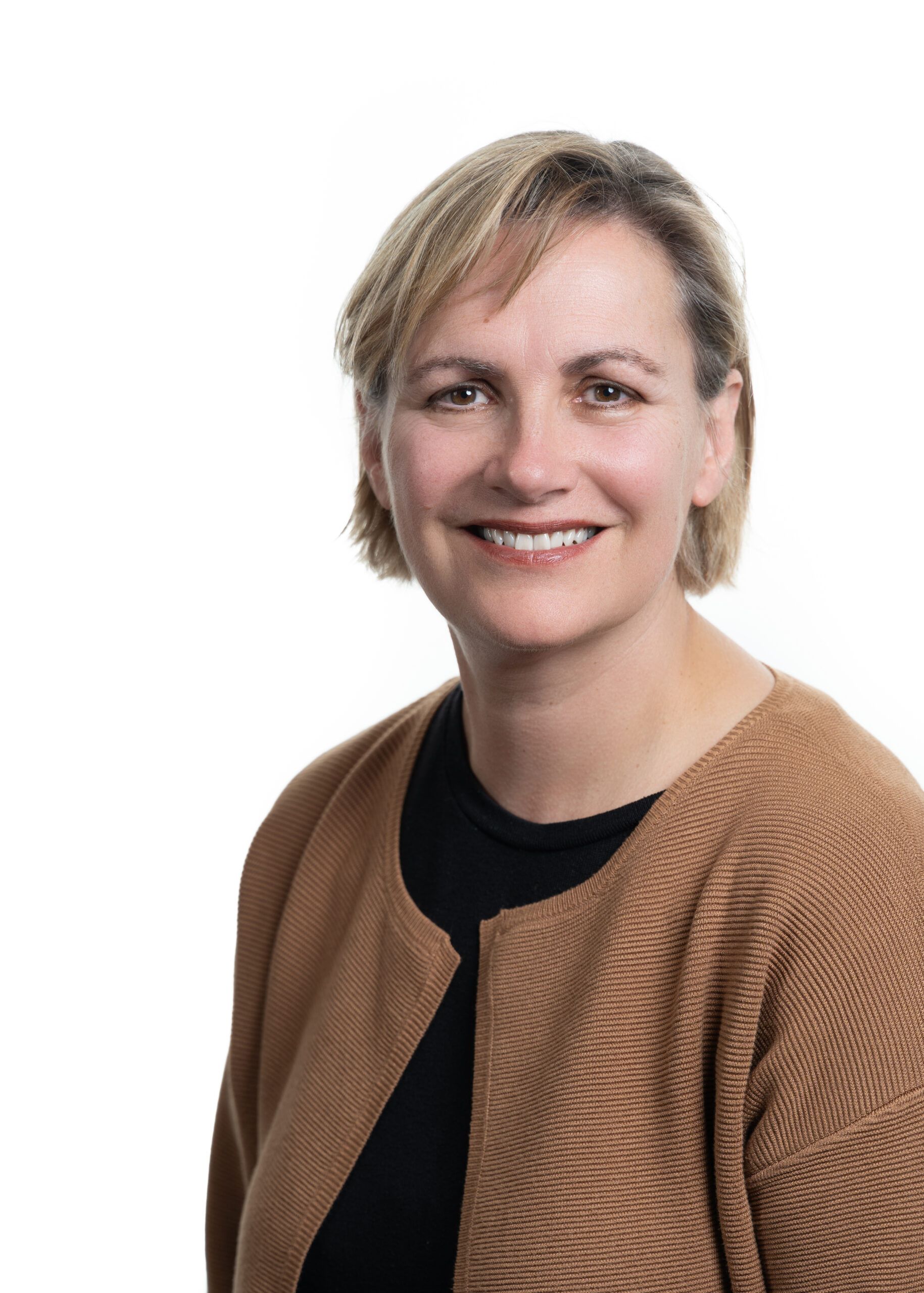3 Hours
Resilience and Mental Health

Description
The session explores the concept of stress resilience, its definitions, and factors that impact it in everyday life. Participants will learn to identify and enhance their resiliency traits, explore personal strengths and vulnerabilities, and discover practical ways to support one another in the workplace.
Learning Objectives:
By the end of this webinar, participants will be able to:
- Understand the definitions and dynamics of stress and resilience.
- Identify personal resiliency strengths and vulnerabilities using the Resiliency Map dimensions.
- Build resilience-enhancing techniques tailored to their needs and environments.
- Care for themselves and their colleagues in ways that foster a supportive work culture.
Course Content:
1. Introduction to Stress and Resilience:
- Definitions and differences between stress and resilience.
- The role of perceptions in stress response.
- General Adaptation Syndrome:
- Discussion on eustress and distress, and their effects on the body.
2. Resiliency Factors:
- Detailed look at the factors contributing to resilience, including adaptability, vitality, and learning from experiences.
- Resiliency Map Dimensions:
- Interactive exploration of various dimensions of personal resilience such as Body Talk, Mind Talk, and Behavior Talk.
3. Self-Care Strategies:
- Techniques for maintaining physical and psychological health.
- Strategies for direct action, situation mastery, and adaptability in stressful situations.
4. Team Resiliency:
- Understanding the elements that contribute to team resilience and how to enhance them.
Core Skills Developed:
- Self-Awareness: Ability to recognize and understand one’s own resilience and stress triggers.
- Emotional Intelligence: Enhancing the capacity to manage emotions effectively in high-stress situations.
- Communication Skills: Developing the ability to express needs and listen to others effectively, fostering team support.
- Problem-Solving: Strengthening adaptive skills to handle workplace challenges with flexibility and creativity.
Teaching Methods:
The course utilizes a blend of instructional techniques suited to adult learning, including:
- Interactive Lectures: Engage with core concepts through concise, targeted lectures.
- Group Discussions: Enhance understanding through peer interaction and shared experiences.
- Self-Assessments and Reflective Exercises: Foster self-awareness and personal goal setting.
- Case Studies: Real-life examples to apply learning in practical contexts
Duration:
- 3 hours, including brief breaks to maintain engagement and facilitate learning absorption.
Special Offers
Take advantage of these exclusive discounts available when registering for IOG courses:
- Group Course Discount: Register 3 or more colleagues together for the same course and receive 10% off your total registration fee.
Learning together builds team capacity—and helps you save on training costs. - Individual Bundle Discount: Register as an individual for 3 or more courses at the same time and save 10% on your total registration fee.
Advance your professional development while maximizing value.
Facilitators

Mr. François Gagnon served as Vice-President of the Learning Lab at the IOG for 6 years. He brings rich experience in the area of public sector learning and leadership.
Mr. Gagnon worked in the Public Service of Canada for 25 years, including 13 years as an executive. He had the privilege to organize national ministerial consultations, to negotiate international and federal-provincial agreements and to lead national Grants and Contribution programs. At the Canada School of Public Service, he developed a change management and coaching practice. As Senior Director of Leadership Development, he led and oversaw the review of the entire suite of the School’s Leadership Development products for the Government of Canada.
In 2014, Mr. Gagnon founded Lead-Action, a firm specialized in Leadership Development. He joined the Institute on Governance in 2019, where he has been using his knowledge and expertise to build on the IOG’s strong reputation in this area.
Mr. Gagnon has a Degree in Computer Science and a Masters in Project Management, during which he specialized in Leadership and Change Management. Over the last 20 years, he has been lecturing in Leadership and Change at the University of Ottawa and Université du Québec en Outaouais. He completed required certifications to teach and administer a large range of psychometric instruments, including products from the Center for Creative Leadership, Insights Discovery, and two emotional intelligence instruments. He has facilitated and has managed the delivery of a large number of Leadership Development products and courses, including organizational 360-degree feedback processes and executive coaching in a large number of organizations in Canada and abroad. Mr. Gagnon was also invited to teach Leadership and Change Management at the University of Moscow and at the Russian Academy of Public Administration, and has led the development of a Leadership Development program for Deputy Ministers of the Government of Ukraine. Through his work at Lead Action, he also contributed to leadership development projects in Indonesia, Belize, and Mexico.
In addition to his professional activities, Mr. Gagnon holds a Private Pilot license and is a classically trained pianist who performs regularly in the region.

Catherine Waters is the Manager of the Learning Lab with the Institute on Governance. She has extensive experience as a consultant, researcher, and instructor/facilitator in the areas of public management, public policy, organizational development, and corporate governance. Catherine has a special interest in the areas of modernizing governance, citizen engagement and democratic participation, and Aboriginal governance. Catherine has co-authored articles in a number of policy journals. In the area of professional development and life-long learning, she developed and delivered distance learning for the Government of Nunavut and the Certified Management Accountants to expand access to training opportunities to a wider group of public servants.
Catherine teaches in Carleton University’s MA program in Public Policy and Administration, on Public Management and Labour Relations & Collective Bargaining.
Catherine previously worked in London U.K. as a Senior HR Manager for British Telecommunications plc, focusing on international business development in the US and EU and labor relations. Particular areas of interest included the integration of international joint ventures, organizational change, and professional development and training.
Catherine holds a Bachelor of Arts degree in English and French literature (Honours) from the University of Victoria, a Masters in Public Policy and Administration from Carleton University and an MSc in Labour Economics (With Distinction) from the London School of Economics.
As an IOG instructor, Catherine has provided custom training for various ministries in the Government of Ontario, including the Ministry of Transportation, and board training for Ontario agencies, boards and commissions.
